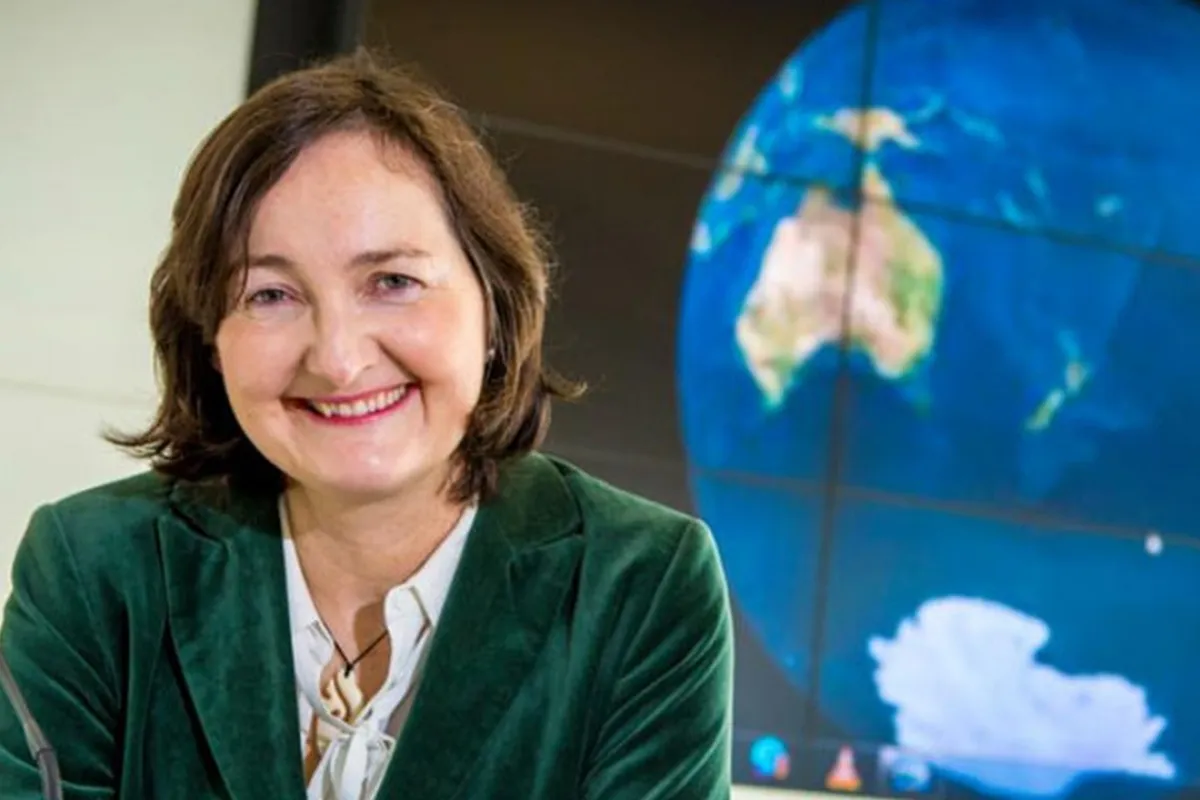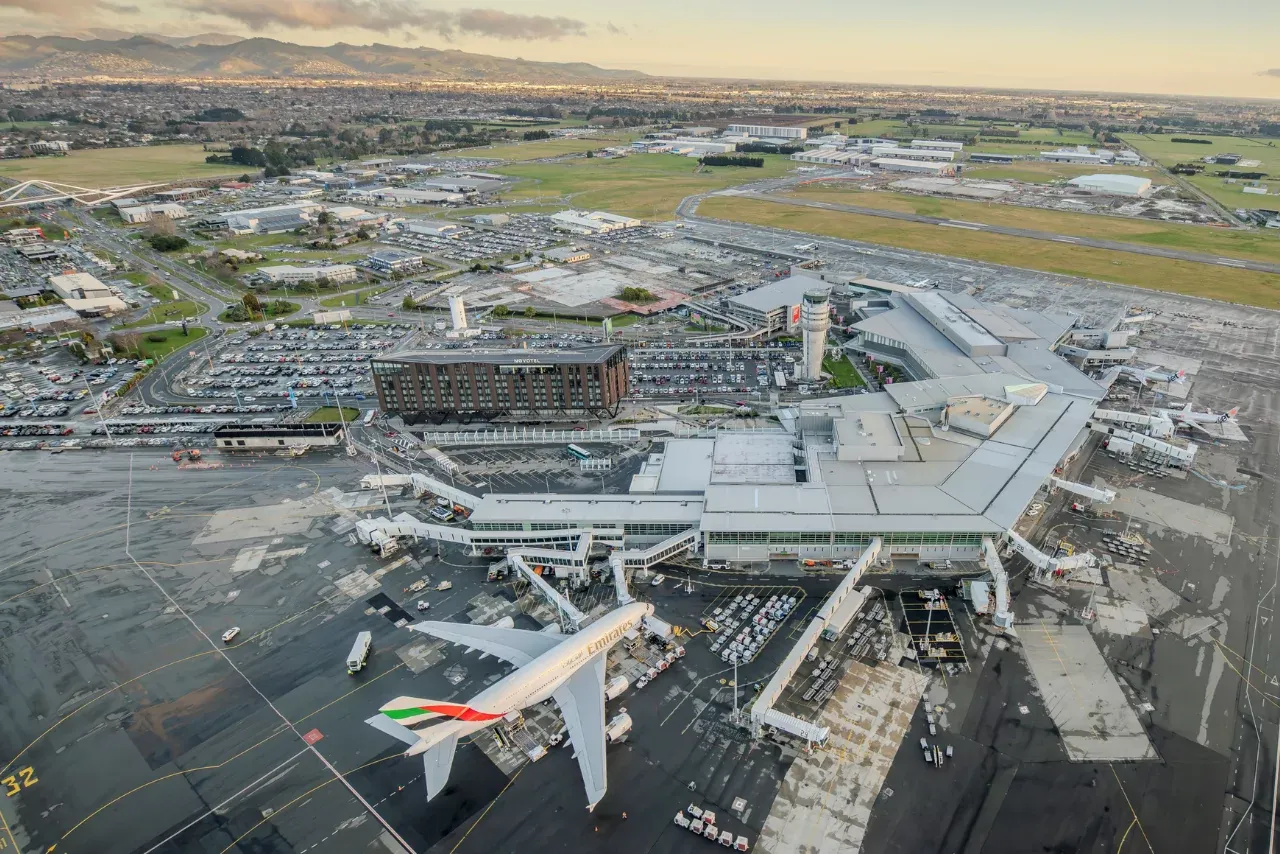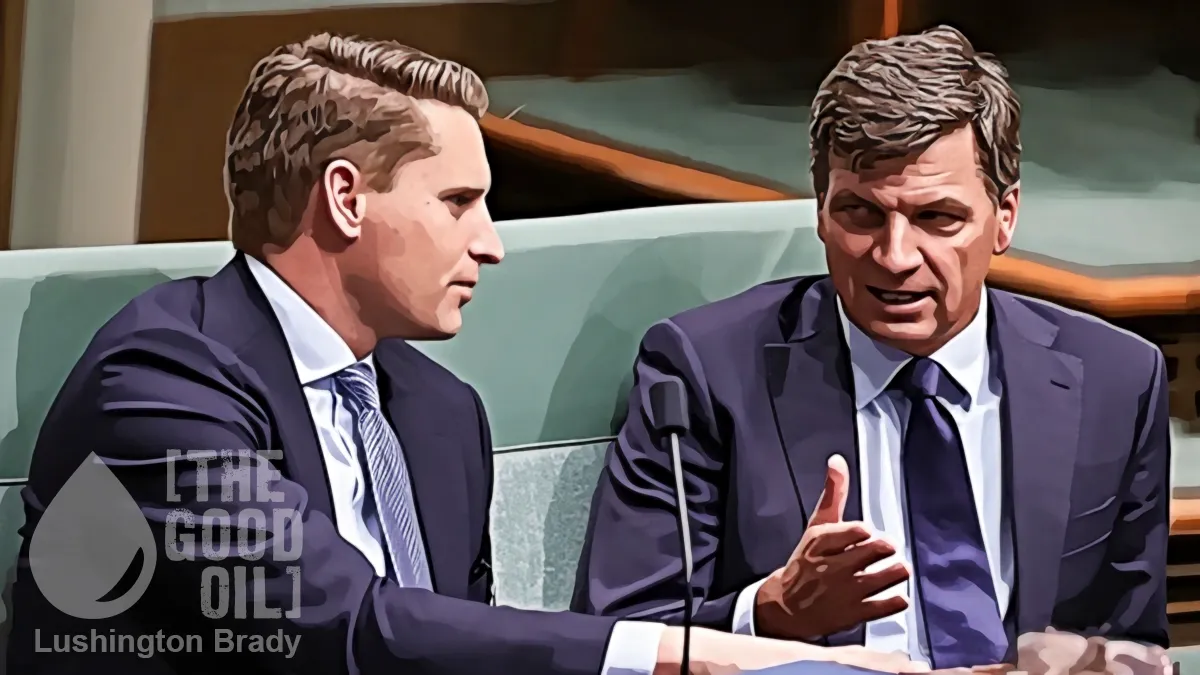Table of Contents
Professor Anne-Marie Brady
Supplementary Submission to the New Zealand Parliament Justice Select Committee Inquiry into Foreign Interference Activities, 2019
China’s political influence agenda and methods in the Xi era
In the mid-1960s, Mao’s China was promoted as the centre of world revolution; under Xi, China is attempting to lead Globalization 2.0, via a China-centered economic order. Under Xi (as under Mao), united front work has taken on a level of significance not seen in China since the years before 1949, when the CCP was in opposition.
In September 2014, Xi gave a speech on the importance of united front work, using Mao’s term to describe it as one of the CCP’s “magic weapons”. The other two “magic weapons” are Party building and military activities, both of which feature prominently in China under Xi. In May 2015, Xi presided over a national united front work conference, the first in nine years, and in July 2015 he set up a Leading Small Group on United Front Work.
Xi-era political influence activities can be summarized into four key categories:
- A strengthening of efforts to manage and guide overseas Chinese communities and utilize them as agents of Chinese foreign policy.
- A re-emphasis on people-to-people, party-to-party, plus PRC enterprise-to- foreign enterprise relations with the aim of coopting foreigners to support and promote CCP’s foreign policy goals.
- The roll-out of a global, multi-platform, strategic communication strategy.
- The formation of a China-centred economic and strategic bloc.
I will outline the methods of these four categories in the sections that follow, and explore the impact they have had on one representative small state, the Oceanic democracy famed for its agriculture, rich natural resources, and small population: New Zealand.
1. “Bring together the hearts and the power of the overseas Chinese”
Xi Jinping’s ambitious strategy to harness the overseas Chinese population for the CCP’s current economic and political agenda, builds on existing practices and then takes it to a new level of ambition.
Agencies:
State Council Overseas Chinese Affairs Office, CCP United Front Work Department, Ministry of Foreign Affairs, Ministry of State Security, PLA Joint Staff Headquarters’ Third Department, and other relevant organs.
Policies:
- Monitor the local long term Chinese community via community organizations; establish Overseas Chinese Service Centres to coordinate this work, cherry pick which groups to work with.
- Sponsor and support the emergence of new united front organizations to represent the overseas Chinese, recognizing that they are a diverse group and flexibility is required to establish a positive working relationship with them. Avoid directly interfering in overseas Chinese community affairs unless there is a situation that directly affects China’s political interests, such as the whistleblower Red Capitalist Guo Wengui48 (Miles Kwok), whose international campaign to expose corruption and espionage activities of the Chinese government at the highest level has provoked a massive counter-attack.
- Unite the ethnic Chinese communities through nurturing and subsidizing authorized Chinese cultural activities.
- Supervise Chinese students and visiting scholars through the united front organization the Chinese Student and Scholars Association.
- Encourage influential figures within the overseas Chinese community who are acceptable to the PRC government to become proactive in helping shape ethnic Chinese public opinion on political matters.
- Encourage wealthy overseas Chinese who are politically acceptable to the PRC government to subsidize activities which support China’s political agenda.
- Draw on China’s agents and informers abroad to enhance China’s political influence.
- Encourage political engagement of the overseas Chinese community. This policy encourages overseas Chinese who are acceptable to the PRC government to become involved in politics in their host countries as candidates who, if elected, will be able to act to promote China’s interests abroad; and encourages China’s allies to build relations with non-Chinese pro-CCP government foreign political figures, to offer donations to foreign political parties, and to mobilize public opinion via Chinese language social media; so as to promote the PRC’s economic and political agenda abroad. Of course it is completely normal and to be encouraged that the ethnic Chinese communities in each country seek political representation; however, this initiative is separate from that spontaneous and natural development.
2. Make the foreign serve China
In 2013, at the national conference on CCP Propaganda and Thought Work Xi Jinping utilized a well-known saying of Mao Zedong “make the past serve the present, make the foreign serve China” to sum up his administration’s back-to-the-future approach to governance. In foreign affairs, the Xi administration has revived traditional CCP policies of utilizing people-to-people, party-to-party, and now PRC enterprise-to-foreign enterprise relations in order to coopt foreigners to support and promote China’s foreign policy goals.
Agencies:
CCP International Liaison Department, Ministry of State Security, CCP national, provincial and city government leaders, Chinese State-Owned Enterprises and Red Capitalists, the Chinese People’s Association for Friendship with Foreign Countries and other such CCP Front organizations.
Policies:
- Strengthen party-to-party links.
- Building a global network of strategic partners—a classic united front approach.
- Appoint foreigners with access to political power to high profile roles in Chinese companies or Chinese-funded entities in the host country.
- Use sister city relations to expand China’s economic agenda separate to a given nation’s foreign policy. The CCP front organization, the Chinese People’s Association for Friendship with Foreign Countries is in charge of this activity.
- Coopt foreign academics, entrepreneurs, and politicians to promote China’s perspective in the media and academia. Build up positive relations with susceptible individuals via shows of generous political hospitality in China. The explosion in numbers of all-expenses-paid quasi-scholarly and quasi-official conferences in China (and some which are held overseas) is a notable feature of the Xi era, on an unprecedented scale.
- The use of mergers, acquisitions, and partnerships with foreign companies, universities, and research centres in order to acquire local identities that enhance influence activities; and potentially, access to military technology, commercial secrets, and other strategic information.
3. “Make the CCP’s message the loudest of our times.
The Xi government’s go-global, multi-platform, national and international strategic communication strategy aims to influence international perceptions about China, shape international debates about the Chinese government and strengthen management over the Chinese-language public sphere in China, as well as globally.
Agencies:
Xinhua News Service, CGTV, CRI, State Council Information Office/Office for Foreign Propaganda, Ministry of Foreign Affairs and other relevant state organs.
Policies:
- The approach is multi-platform and multi-media. The Xi era media strategy creates new platforms which merge China’s traditional and new media such as Wechat, and takes it to new global audiences in the developing world, the former Eastern Bloc, as well as to developed countries.
- Under the policy known as to “borrow a boat to go out on the ocean” China has set up strategic partnerships with foreign newspapers, TV, and radio stations, to provide them with free content in the CCP-authorized line for China- related news. The formerly independent Chinese language media outside China is a key target for this activity.
- Integrate and “harmonize” the overseas Chinese media with the Chinese media.
- Under the policy to “buy a boat to go out on the ocean” China’s party-state media companies are engaging in strategic mergers and acquisitions of foreign media and cultural enterprises.
- Under the “localizing” policy, China’s foreign media outlets such as CGTV are employing more foreigners so as to have foreign faces explaining CCP policies.
- A new focus on the importance of think tanks in shaping policy and public opinion. China is making a massive investment in setting up scores of China, as well as foreign-based, think tanks and research centres to help shape global public opinion, increase China’s soft power, improve international visibility and help shape new global norms.
- Setting up academic partnerships with foreign universities and academic publishers; then imposing China’s censorship rules as part of the deal.
- Offering strings-attached academic funding through the Confucius Institutes and other China-connected funding bodies, and investment in foreign research centres.
- Under the slogan “tell a good Chinese story,” restoring to prominence China’s cultural and public diplomacy. Central and local governments are once again providing massive subsidies for cultural activities aimed at the outside world; from scholarly publishing, to acrobatics, to Chinese medicine. This policy builds on and extends efforts established in the Hu era. China promotes Chinese culture and language internationally through Confucius Institutes, cultural centres, and festivals. The revised strategy particularly focuses on youth; and in countries with a significant indigenous population, attempts to develop close relations with indigenous communities.
To read the submission in full you can download it below.








